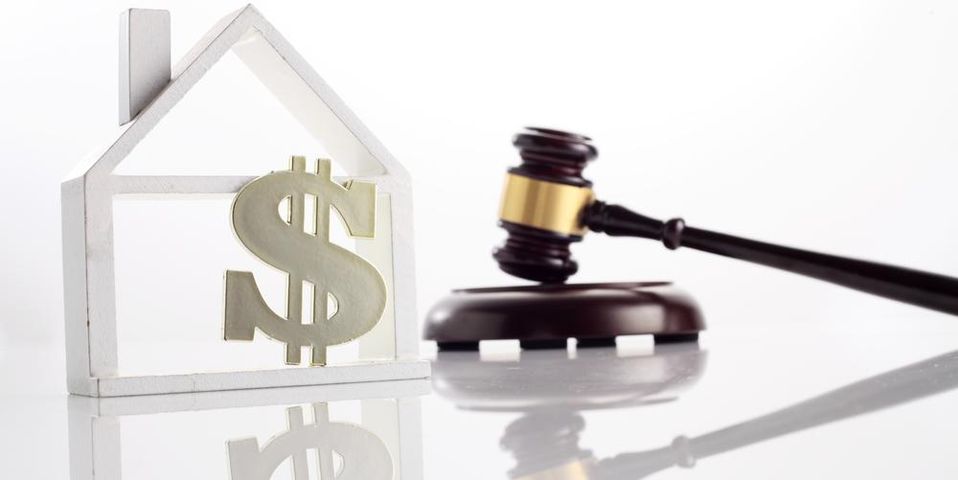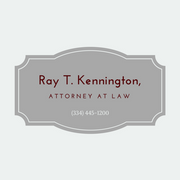What Types of Debts Can Be Discharged in Bankruptcy?

If you are filing for Chapter 7 bankruptcy, knowing which debts will be dismissed is no doubt a top concern. To this end, a reputable and experienced attorney can provide considerable insight into the area of bankruptcy law. The following information covers the basics on dischargeable debt, which will serve as a great starting point if you are considering filing for bankruptcy.
Which Debts Can Be Discharged?
Many different types of debts can be discharged under Chapter 7 regulations. The term “debt discharge” is defined as a removal of personal liability for any debts you may owe. Debt must fall into a certain category to be eligible for discharge, and some debts may not be eligible depending on the circumstances.
Credit cards, medical expenses, personal loans, back rent, some taxes, fees for legal assistance can all be dismissed if your bankruptcy filing is ultimately approved. However, any debt accrued after you file for bankruptcy will not be dischargeable.
 Which Debts Cannot Be Discharged?
Which Debts Cannot Be Discharged?
According to current bankruptcy law, certain debts cannot be discharged, such as student loans in most cases and any money owed for spousal or child support. Some tax debts are not considered dischargeable, including any liens filed by the IRS before you file for bankruptcy. Compensation required for personal injury claims and criminal restitution will also not be dismissed.
Accessing reliable legal advice is vital if you face mounting debt. That’s why clients in Ozark, AL, and the surrounding area look to Ray T. Kennington, Attorney At Law when in search of effective and trustworthy counsel on bankruptcy law. Serving the community since 1982, this law firm combines their knowledge and experience with a caring approach. Schedule a consultation with a seasoned attorney on their team today by calling (334) 445-1200. To learn more information about bankruptcy law and your options, visit the firm’s website.
About the Business
Have a question? Ask the experts!
Send your question

